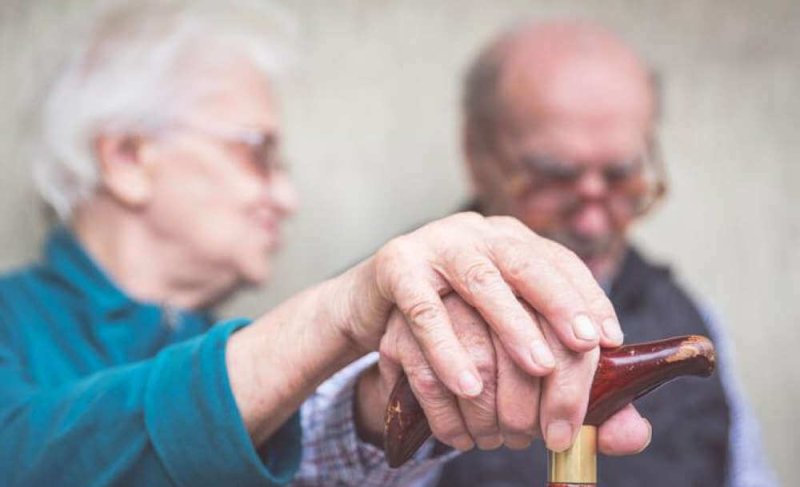The first controlled, but controversial and small, clinical trial of giving young blood to people with dementia has reported that the procedure appears safe. It has also hinted that it may even produce modest improvements in the daily lives of people who have Alzheimer’s disease.
…
The results suggest the procedure is safe and hint that it could even boost the ability of people with dementia to undertake everyday skills, such as shopping or preparing a meal. The team plans to present the results on 4 November at the 10th Clinical Trials on Alzheimer’s Disease conference in Boston, Massachusetts.
[Neurologist Tony] Wyss-Coray and his colleagues tested people aged between 54 and 86 with mild to moderate Alzheimer’s disease. The team gave the 18 subjects weekly infusions for four weeks. They received either a saline placebo or plasma — blood from which the red cells have been removed — from blood donors aged 18–30. During the study, the team monitored the patients to assess their cognitive skills, mood and general abilities to manage their lives independently.…
[Wyss-Coray] says that it is the first new approach for Alzheimer’s disease that is not based on the prevailing theory that the disease is caused by rogue amyloid-β or tau molecules in the brain, which has so far failed to result in any treatments.The GLP aggregated and excerpted this blog/article to reflect the diversity of news, opinion, and analysis. Read full, original post: Infusions of young blood tested in patients with dementia































